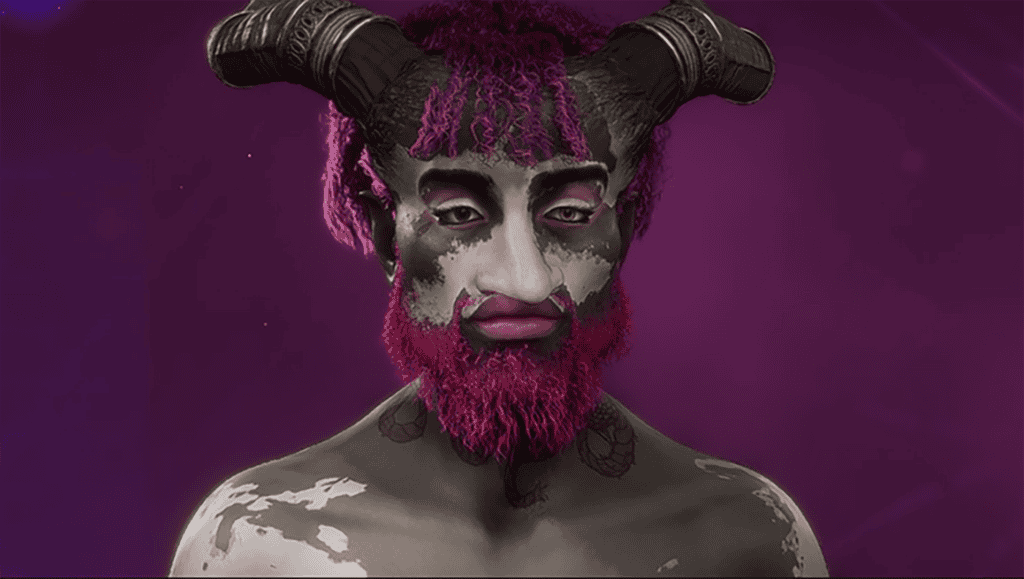TL;DR: Dragon Age: The Veilguard is the latest in a growing line of games succumbing to the plague of woke culture. Once-proud storytelling is being sacrificed at the altar of social justice, leaving gamers scratching their heads and asking, “Where did our escapism go?”
A Tale of Two Gamers: Character Development vs. Preaching
Once upon a time in the golden age of gaming, Dragon Age: Origins gave us rich character development, a sprawling world to explore, and moral dilemmas that made us question our own sense of justice. Fast forward to 2024, and Dragon Age: The Veilguard feels less like a game and more like a crash course in woke agenda studies, complete with a checklist of “inclusive” tropes designed to appease a vocal minority on Twitter.
Let’s be clear: we’re not saying games shouldn’t tackle serious issues. We’re saying they shouldn’t hit us over the head with them like they’re swinging the lead belly of an ogre. There’s a fine line between thoughtful storytelling and being preached at, and recent years have shown us that too many developers are tripping over that line like it’s their first time playing QWOP.
The Woke Agenda Checklist: Are We Playing a Game or Attending a Social Justice Seminar?
Let’s break down some of the “features” in The Veilguard that have gamers rolling their eyes:
- Token Representation: Every character seems to exist solely to represent a demographic or ideology. Forget about compelling arcs or personal growth – we’re here to check boxes. Queer? Check. Trans people? Check. But where’s the depth? The nuance? The point? The term ‘stay woke’ was popularized by Lead Belly in the 1930s, urging Black Americans to remain vigilant against racially motivated threats.
- The Villain: Naturally, the big bad is a thinly veiled metaphor for white people in power. Subtlety is dead, and Bioware killed it.
- Dialogue Choices: Want to talk about dragons or magic? Too bad. Let’s discuss climate change, police brutality, and the existential crisis of late-stage capitalism instead. Oh joy!
The Decline of Dragon Age: The Veilguard
Ah, Dragon Age: The Veilguard – the game that has sparked more online debates than a political Twitter thread. Critics are up in arms, claiming the game is too “woke” for its own good. But hold on, series creator David Gaider has a bone to pick with these naysayers, labeling them as “tourists” who are just pretending to be Dragon Age fans. According to Gaider, the diverse cast and pansexual companions are nothing new – the series has always been inclusive. So, what’s the fuss about?
Well, it seems the game’s focus on social justice and representation has some folks feeling like they’re attending a social studies class instead of slaying dragons. Sure, The Veilguard tackles heavy issues like police brutality and systemic injustice, but isn’t that just a natural progression for a series that’s always explored complex themes? Apparently, not everyone thinks so.
Despite the backlash, The Veilguard has received praise for its engaging storyline, well-developed characters, and improved gameplay mechanics. It seems gamers are hungry for more inclusive experiences that reflect the real world’s complexity. But hey, who needs character development when you can have a checklist of social issues, right?
Woke Culture: The Death of Creativity?
It’s not just Bioware. The gaming industry at large has been infected by woke culture, an umbrella term for the social justice movement that started with noble intentions but has since been co-opted by corporations looking to virtue signal their way into profitability. Originally, the term ‘woke’ was used by progressive Black Americans to raise awareness of social injustices, but its original meaning has been diluted over time. What began as a call for inclusion has devolved into a suffocating ideology where activists dictate the narrative, leaving no room for creative freedom.
Remember when storytelling was about, you know, stories? Now, it’s about “inclusion,” “identities,” and making sure no one, anywhere, at any time feels even remotely uncomfortable. It’s like walking on eggshells while trying to play games – not fun.
Mental Health Representation in Gaming
Let’s talk about mental health representation in gaming – because nothing says “fun” like tackling serious issues, right? Games like Dragon Age: The Veilguard have made strides in portraying mental health issues in a realistic and sensitive manner. But let’s be real, there’s still a long way to go.
The key challenge? Avoiding stereotypes and stigmatization. It’s not enough to just throw in a character with anxiety or depression and call it a day. Games need to portray mental health issues with nuance and accuracy, avoiding simplistic portrayals that can perpetuate negative stereotypes. And hey, how about providing some actual resources for players who might be struggling? Hotlines, online resources, in-game support systems – you know, the works.
The gaming industry has a responsibility to promote positive mental health representation and create a safe environment for players. By doing so, games can help reduce stigma, promote positive mental health habits, and provide a platform for players to share their experiences. Because who doesn’t want to discuss their mental health struggles while saving the world from an ancient evil?
The Backlash: Gamers Are Fighting Back
Gamers are tired of being lectured. The online backlash to The Veilguard has been swift and merciless. Forums are filled with posts from fans who feel betrayed by the franchise they once loved. They’re not saying they don’t want diversity – they’re saying they want respect for the medium and for their intelligence. Subtlety and nuance, anyone?
Take a page from The Last of Us Part II. While it polarized players, it still managed to weave its inclusion into a gripping narrative. You can tackle complex themes like race, gender, and mental health without turning your game into a manifesto.
Woke Word Salad: When Language Becomes Laughable
Let’s talk about the language of the woke movement. Words like “woke” and “stay woke” have been co-opted and turned into a pejorative term by critics. But here’s the kicker: those same critics are right. What started as a way to encourage people to wake up to social injustice has become a catch-all for performative activism and shallow virtue signaling.
The term “woke” was initially used by progressive Black Americans to raise awareness of social injustices. Historical instances, such as Lead Belly’s use of “stay woke” in the 1930s, urged Black Americans to remain vigilant against racially motivated threats. The earliest uses of “woke” were tied to real struggles, like the Scottsboro Boys trial and the fight for black lives. Over time, it evolved within racial justice movements, leading up to contemporary activism. Now, it’s being used to justify ham-fisted writing and characters who exist solely to preach about health care or Canada’s progressive policies.
The Future of Gaming
Ah, the future of gaming – a bright, shiny utopia where diversity, inclusivity, and social responsibility reign supreme. Or at least, that’s the dream. Games like Dragon Age: The Veilguard are pushing the boundaries, exploring complex themes that reflect the real world’s diversity. But let’s not forget the rise of anti-woke sentiment and the co-opting of social justice language by conservative groups. Fun times ahead!
As the industry evolves, we’ll likely see more games tackling issues like climate change, social justice, and mental health. Games will continue to play a major role in promoting positive social change, providing a platform for players to engage with complex issues. But let’s be honest, navigating these challenges while staying true to their values is no small feat for game developers.
Ultimately, the future of gaming is in our hands – developers, publishers, and players alike. By promoting diversity, inclusivity, and social responsibility, we can create a better world for all players. And who knows, maybe one day we’ll be able to enjoy a game without feeling like we’re attending a virtual TED Talk. Here’s to hoping!
A Final Thought: Why Gamers Just Want to Game
The backlash isn’t about “hating diversity” or being anti-progressive. It’s about loving games for what they’re supposed to be: a medium where players can explore fantastical worlds, slay dragons, and make choices that matter – without being forced to attend a virtual TED Talk.
Gamers want character development, not ideological development. They want escapism, not indoctrination. And most of all, they want studios to stop treating them like children who need a lesson in inclusion before they can save the kingdom.
So here’s a thought, Bioware: Maybe, just maybe, the next Dragon Age should focus less on being “on the right side of history” and more on being a damn good game. Talking sense yet?
Let’s Hear Your Voice: What Do You Think About Woke Gaming?
Do you think gaming has been overtaken by a woke agenda, or are critics overreacting? Share your thoughts below and join the discussion. Just remember, we’re all here for the love of storytelling – not for another movement meeting.


